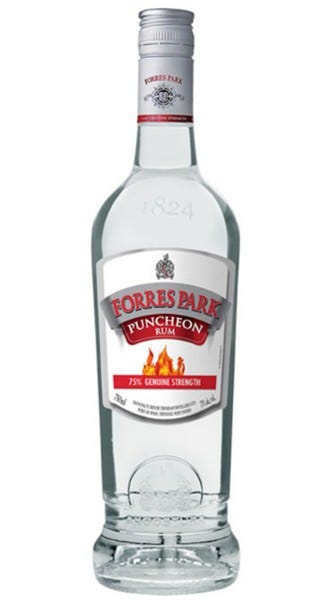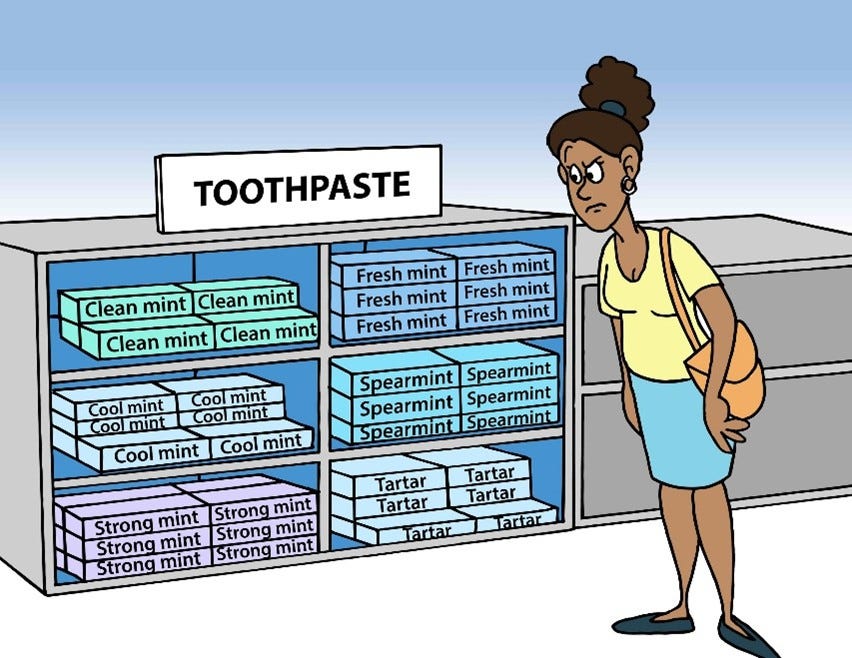What are we doing here? Chatting books, rum, and a little something-something
Writings will range to whet the multi-dimensional appetite, but books & rum are the sugarcane sweet spot
Source: Sora
Why share book reviews?
Because mans not selfish. Jokes aside, here's the cut-and-dry story behind it (circa 2021 or so):
Scene 1: I posted a book review on my IG story because I felt compelled to share what I read. Probably a Toni Morrison or James Baldwin book. They have that effect. Rest in (literary) peace to the greats.
Scene 2 (paraphrased): A friend from back home in the Bronx, let's call him Grand Concourse (for privacy), reacted to my story: Bro, I hate reading. But your posts are inspiring me to read more. Keep posting.
Movie over: That's it. I've been throwing reviews up across random platforms (IG and LinkedIn) ever since. All to get Grand Concourse to keep reading. I've never discussed this with him or felt the need to.
But after enough of these from friends...
Another Bronxite, let's call her Fordham Road (for privacy)
...you say no for a few years until you finally run out of reasons.
But what is it about books that get me going?
"So many books, so little time." — Frank Zappa
I feel that quote in my soul. Maybe I'm a creature of nature: Attracted to the unconquerable. I was born in a city (NYC) where possibilities are endless. The one static feature of the place is that you will never outdo it.
I will never read every book I want to in my lifetime, no matter how hard I try. And as a result, I won't ever stop learning/quenching my thirst. It's a little philosophical, I suppose. When I read, I am at complete peace. Page-turning is the one habit I will never kick. It is the panacea, if one was ever needed. I can't do without reading (daily), though it happens sparingly; I'm human.
I BEEN DOING THIS!!
When Mase asked – what would you do if you had 24 hours to live? Jadakiss said: “Load the three power, hop in the Eddie Bauer [Ford Explorer], and give all six to that papi that sold me flour.” Great bar. I didn't feel that at all. I would read…
…okay, that is 100% a lie. But salute to my real readers, the ones who vibe out from the prologue to acknowledgments.
Am I addicted? Lil bit.
Source: YouTube (exercising decorum, you don’t need the full link for this one lol)
Sidebar – has anyone read When Crack Was King by
? Heard great things!Here comes the fun – pour me a glass of rum.
The OG Vicks vaporub. Is it just me, or did you also think it was vapor-rub? The ancestral flu and illness remedy. For those with heritage in places where big R is the native spirit, especially the unaged, "overproof" variety, you know what I'm talking about. Take this opportunity to phone a Trinidadian friend and berate them for having one of the highest ABV unaged rums in the world, sickos. Big up T&T. Many of you don't drink big R because you remember the first shot or inhalation sensation. Come on back outside. It's okay.
Source: Angostura (yes, the same folks that make bitters)
While none of that sounded particularly appetizing, I promise you, the stuff is tasty. Disclaimer - I am a perpetual neat-pourer, but I recognize that rum is dynamic in taking cocktails up a notch (for example - Rum Old Fashioned) or even having it on the rocks.
Rum fascinates me. The liquid is a gateway to exploring the world because wherever there is a history of molasses smuggling and colonial jockeying sugarcane cultivation, there is usually a strong rum history that follows. You can see how this keeps the reader in me energized. We can't stop learning when you talk about big R and its associated places. I'm sure it's just me who calls it the big R, keep rolling.
You don’t have to be a drinker to stay engaged.
Take time to appreciate everything surrounding/adjacent to big R, depending on your interest – sugar cane the fruit, sugar cane juice by itself, the terroir of places (water, soil, climate), or, best of all – giving yourself an excuse to see other parts of the world.
Technical, but necessary excursion.
Sugarcane's byproducts – cane juice, molasses, syrup – form the base of what becomes the end-product (rum). No corn, no bourbon. No agave, no mezcal. No juice, molasses, or syrup, no big R. Most spirit producing nations have governmental regulations (Geographical Indications or something less/more formal) governing the rules of the road for classifying a product as (that country's) spirit. Same applies to food products: what constitutes maple syrup or olive oil, for instance. If you want to go down a fun rabbit hole, explore the governing body that determines if pizza in Naples can be classified as true Neapolitan pizza (Associazione Verace Pizza Napoletana or the AVPN).
Some of these national indications are more well known than others. For instance, it ain’t yack if not from Cognac, the commune in the Charente department of southwestern France. I’m going to come back to France (and other historically important spirit monopolies nations) in future articles. Heavy hitter spirit nations, and their associated regulatory regimes, are playbooks in protectionism, mercantilism, and the evolution of capitalism. No judgment, just connecting historical dots. It is capitalistically logical for a nation/corporation to do all in its might to advance and enrich its interests. Alright, let’s close here. It can get a little involved when talking about other cane spirits like Batavia Arrack (molasses and red rice) from Indonesia or Brazilian Cachaça (cane juice, but exclusively Brazilian like Scotch is to Scotland). For now, sugar cane —> rum.
Personally, rum has always been present in my life.
From the OG healing method I mentioned above (Wray and Nephew, the default) to being the beverage of choice coursing through the river of my Jamaican upbringing/heritage. It was only natural that age and maturity (promise that's not a spirits pun) would lead me to explore the beverage in earnest. Naturally, that will happen from the standpoint of tasting widely and exploring places. But keeping up with its roots throws me deep into reading land, learning about the rum histories of states and cities like Louisiana, Boston, and Staten Island (sure you weren’t expecting that). I will never miss an opportunity to let you know that NYC is the trailblazer: Staten Island is reportedly home to the U.S.'s first rum distillery during the colonial period. [sources: Distiller Magazine & Royal Rum Society]
There are centuries-long traditions and history of the spirit that I'm keen to learn more about. If you have a book recommendation – fiction is just as important – please share, along with a glass of the good stuff.
And then I received a piece of news that made me want to keep it in my life.
Sounds a little wild when talking about alcohol, but roll with me. My father stopped drinking rum (liquor altogether) at the top of the COVID-19 pandemic because he couldn’t gather with his drinking friends/my uncles. A span of health complications on all sides, quarantining, people moving away, and lost time snowballed into him feeling like he had no reason to drink anymore; Rum was one of many fixed elements bringing them together to chat shit. I’ve vowed never to lose the reason(s) to chat shit engage with others, especially those close to me.
My friend’s response (ATLien) after I told her I’m now collecting rum/wanted to know about a rum company in Georgia…
Here’s what to expect from my standard rum review.
Interesting stories. In a consumer-driven world (product/brand abundance), we largely consume things based on the stories we believe and tell ourselves. Or, relatedly, the stories that are fed to us by y(OUR) friends in marketing, which leads us to associate certain qualities and characteristics with said products. Why do you drink the water brand you prefer vs. any other comparable water brand? What story did you just tell yourself? If you said Alkaline vs. not, then why one Alkaline brand vs. the other?
Source: DTA Innovation
To avoid telling you stuff you can find on a standard review site/rum company’s page, I’ll do a combination of small-bite history and profile of brand and product (for background), interesting tidbits on what I think about the beverage, how you should enjoy it (and with who), what may happen after too much of it (#rumresponsbily), and wholly biased/random feelings on the beverage. That with who part…you know what, never mind.
While I engage with and deeply respect rum aficionado communities, the everyday consumer will have a ‘wtf is he talking about’ response to things like –
Sugarcane varietals
Fermentation cycle’s impact on rum’s taste
Distillation methods
Tropical aging vs. non-tropical aging
Cask types
Source: Like the image, I have no idea.
Simply put, most don’t care (not a bad thing). Many distillers would say it’s not the consumer’s responsibility to care. Allow the scientists to science over all that; you enjoy the beverage. I can and will point people in the direction of trusted sources who cover these technical details (if interested).
I won't go too much into nose, taste, and finish (in the traditional sense). Unlike the other details above, people naturally care (A LOT) about this. However, there are but so many ways I can flip orange peel, vanilla, caramel, burnt rubber, toffee, brown sugar, ripe banana…you get the point. I'm keeping my 'oh, that's smooth, I like that' drinkers in mind. I tell you something tastes like orange peel, toffee, and brown sugar, and you'll come back and say your palette is on fire because I failed to mention other elements. Too subjective. Same here, though. I'm happy to point toward people who habitually nose, taste, and rate.
With all that said, I can only promise to keep it interesting.
Grab a book.
Pour a glass.
And rum responsibly.
Source: Rush Hour #classic













Happy you got this going. Great work Javaun — excited to explore the world of rum with you Bredda.
Happy to be here!